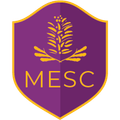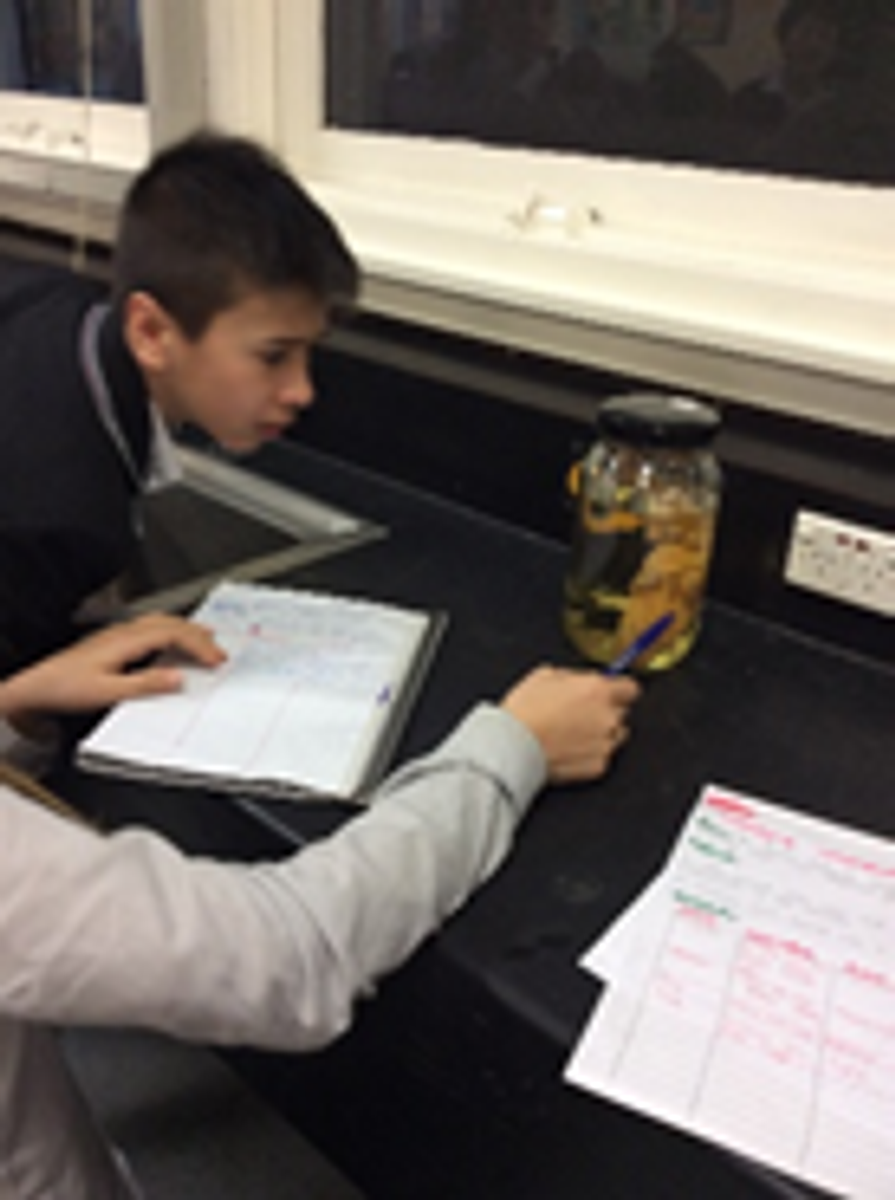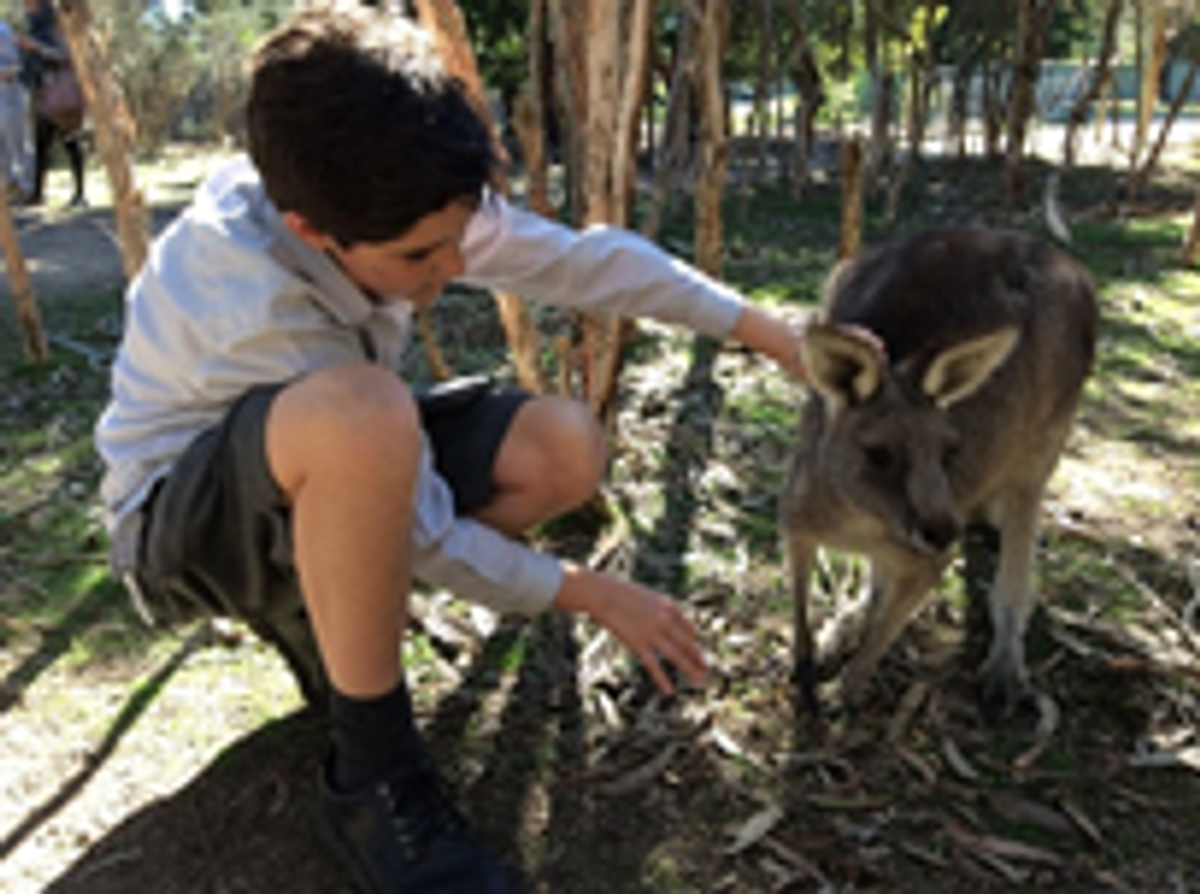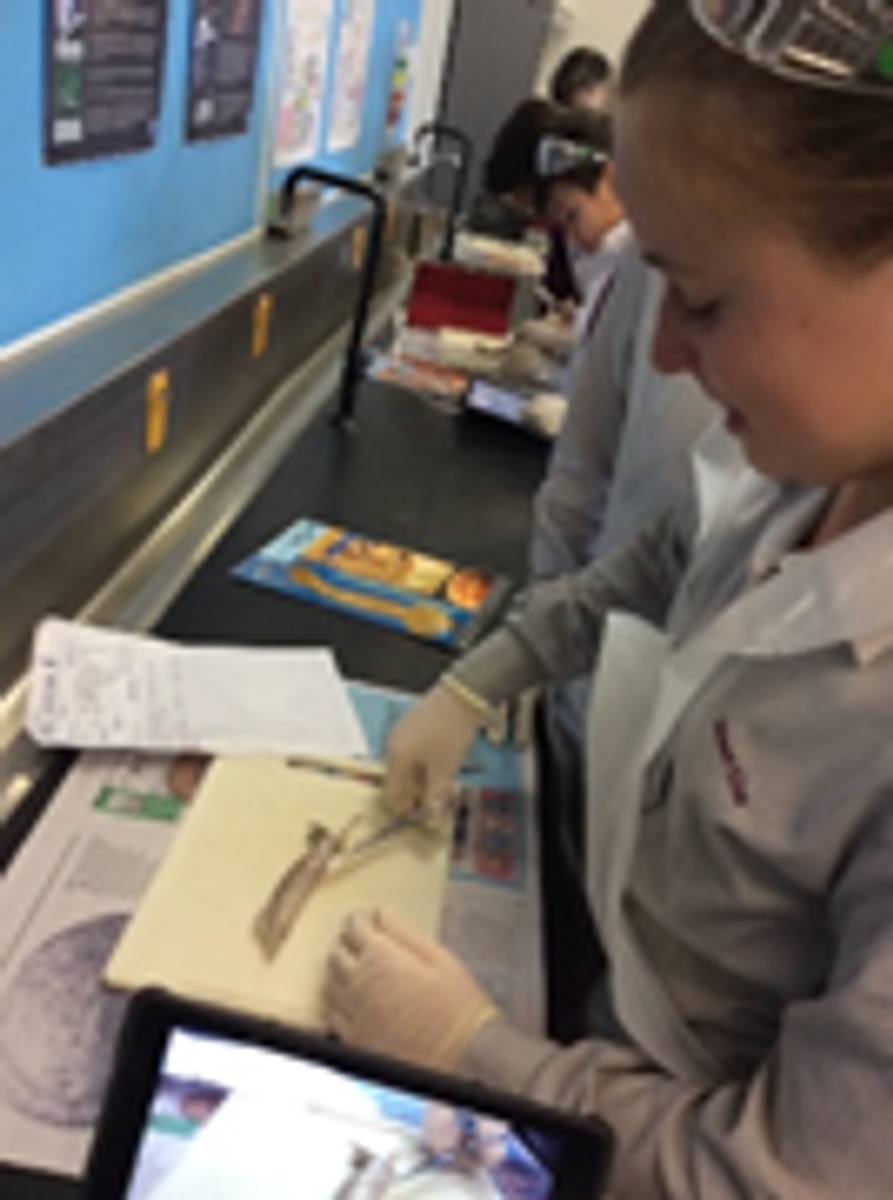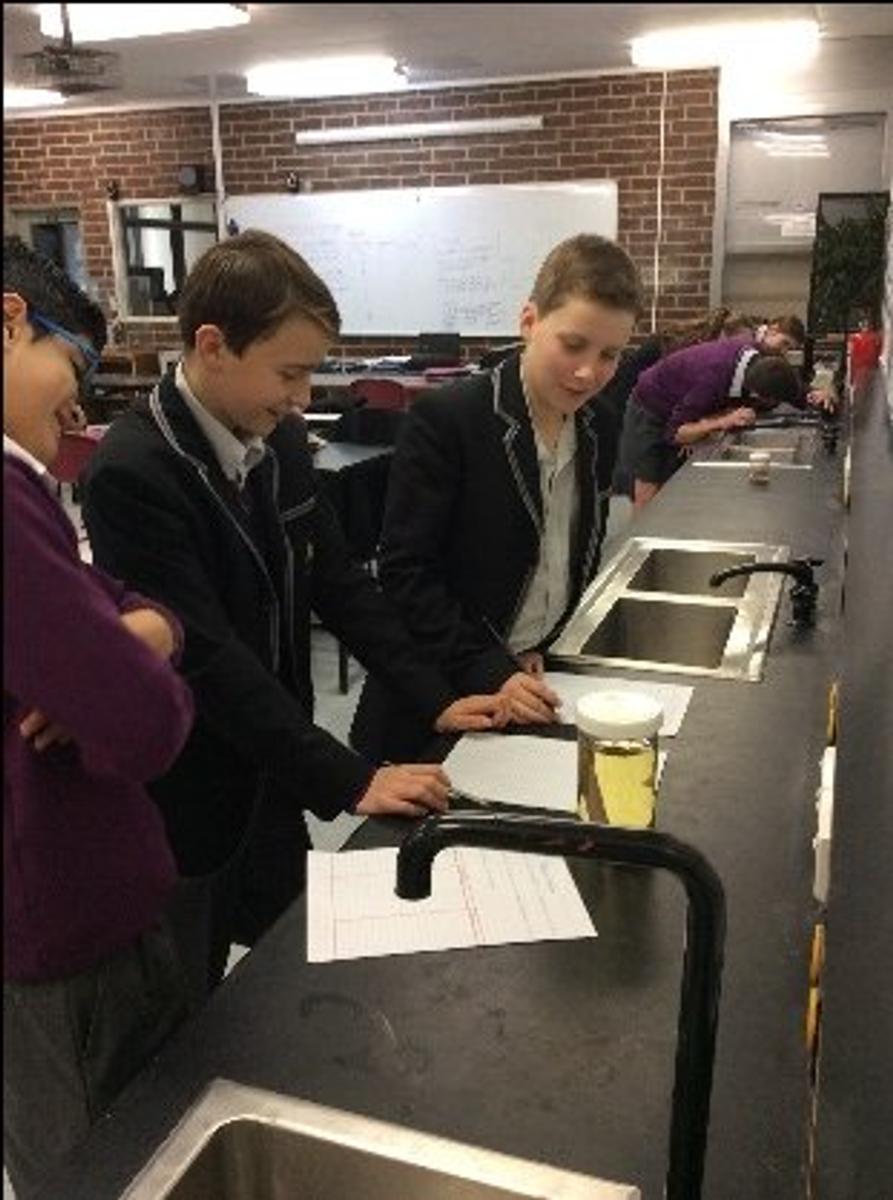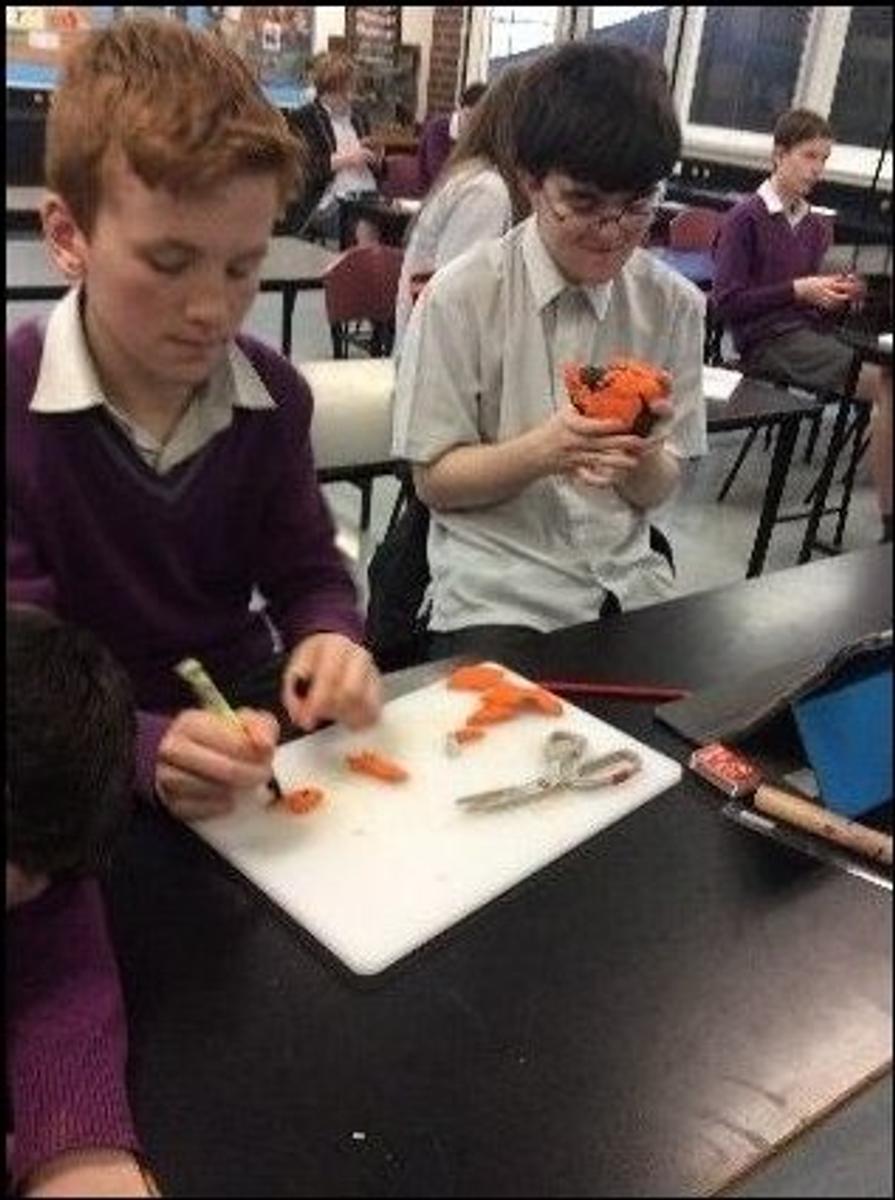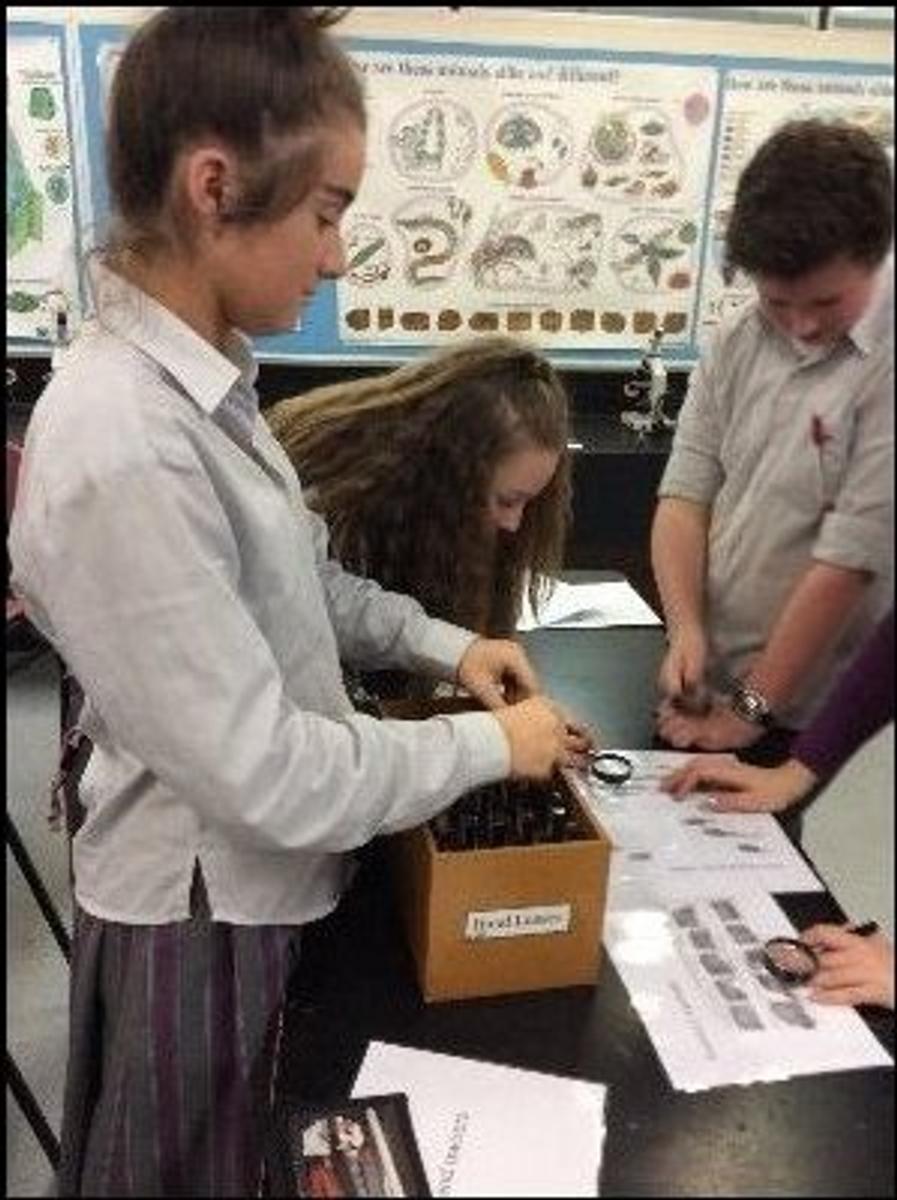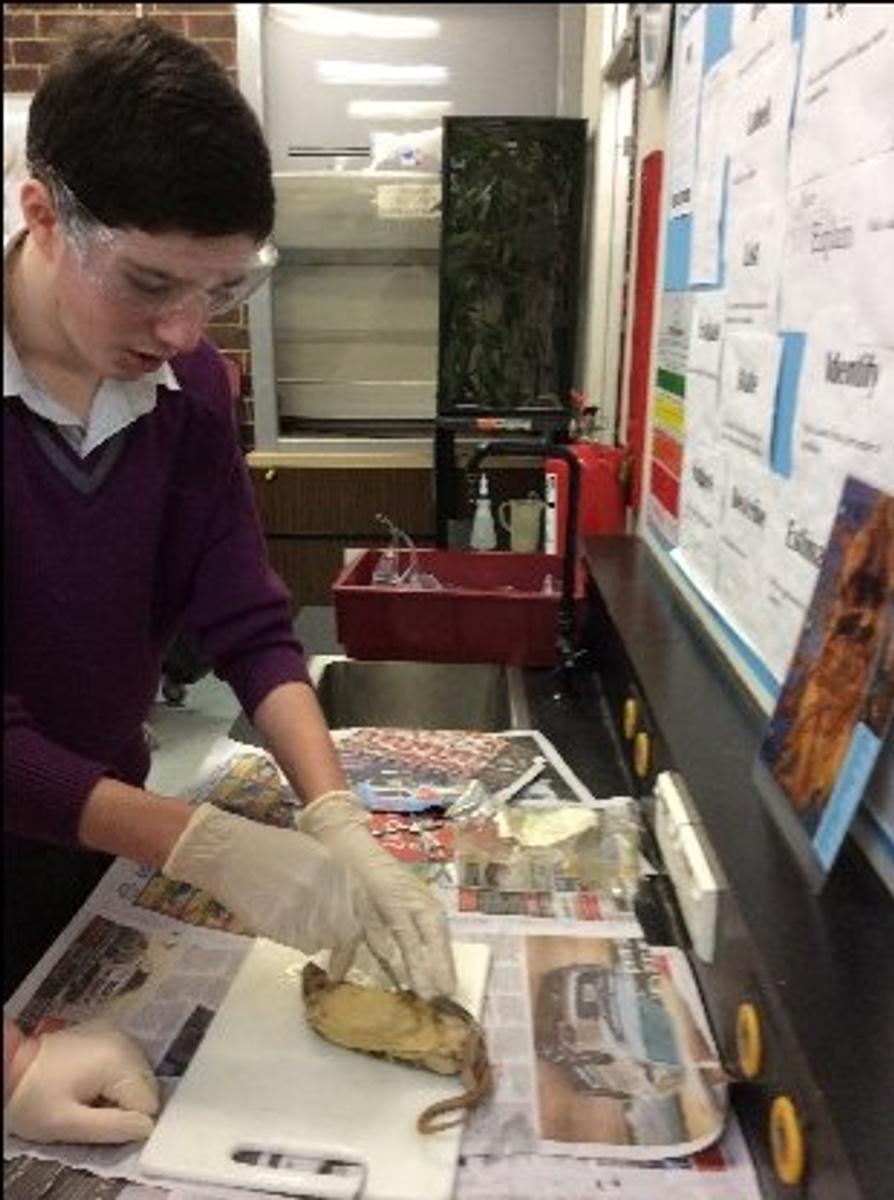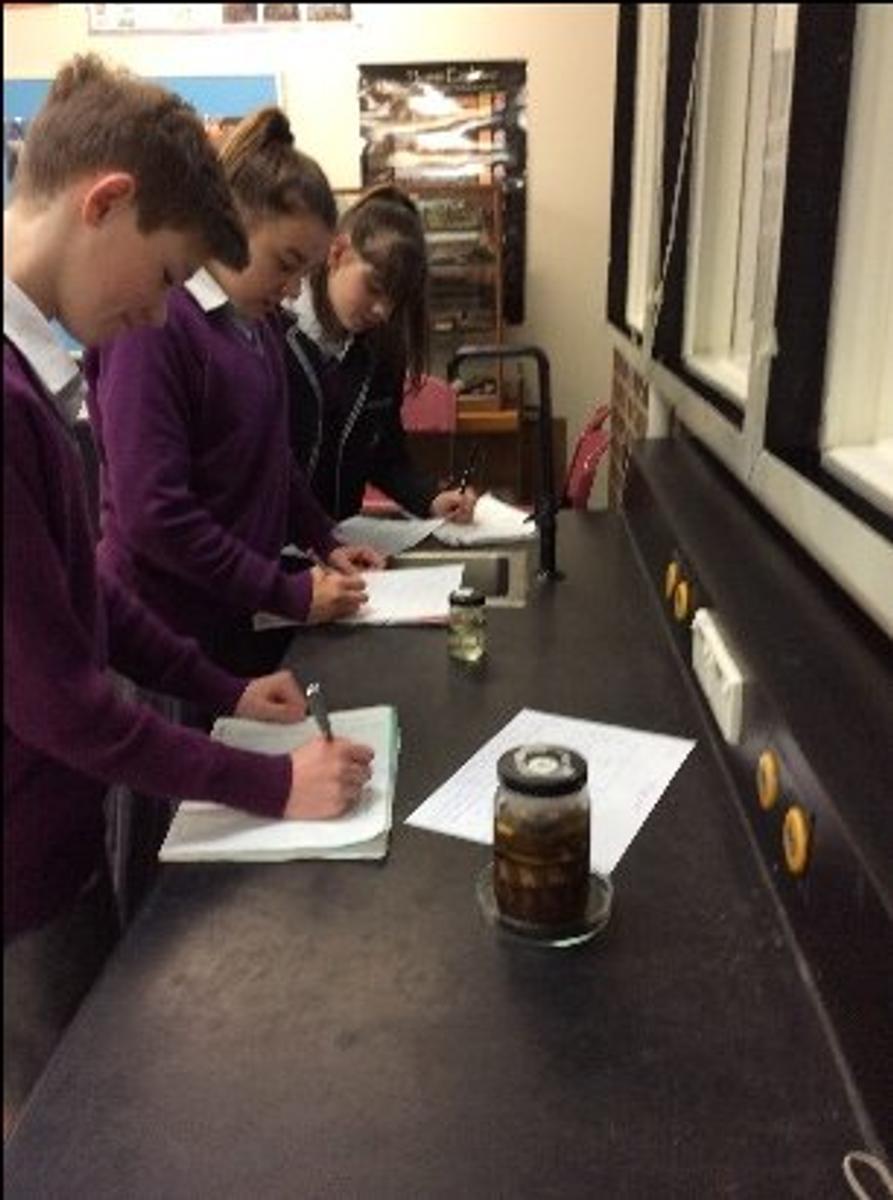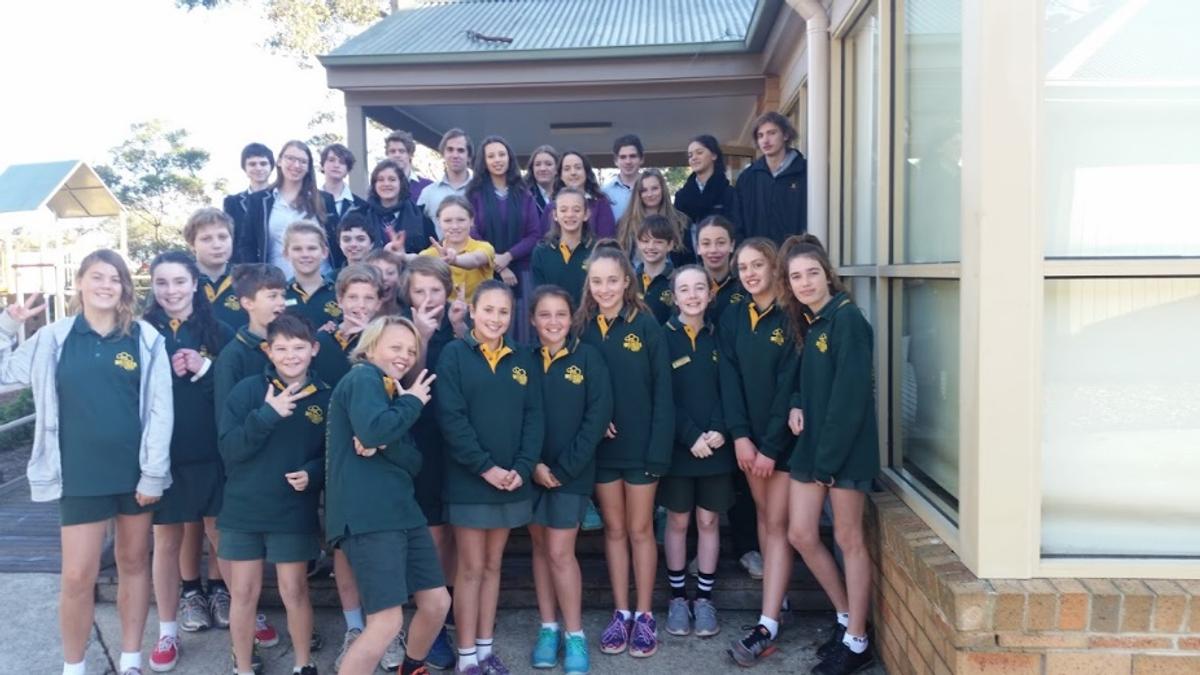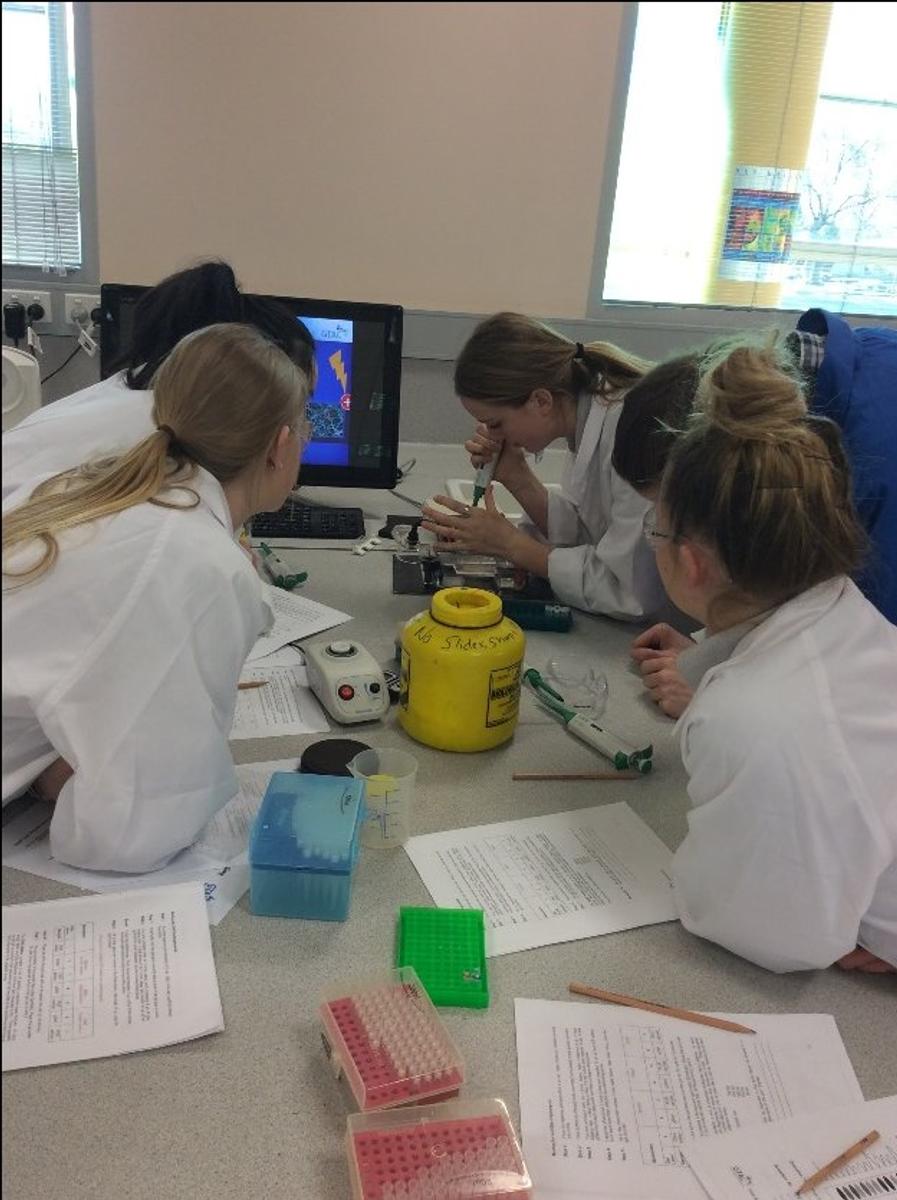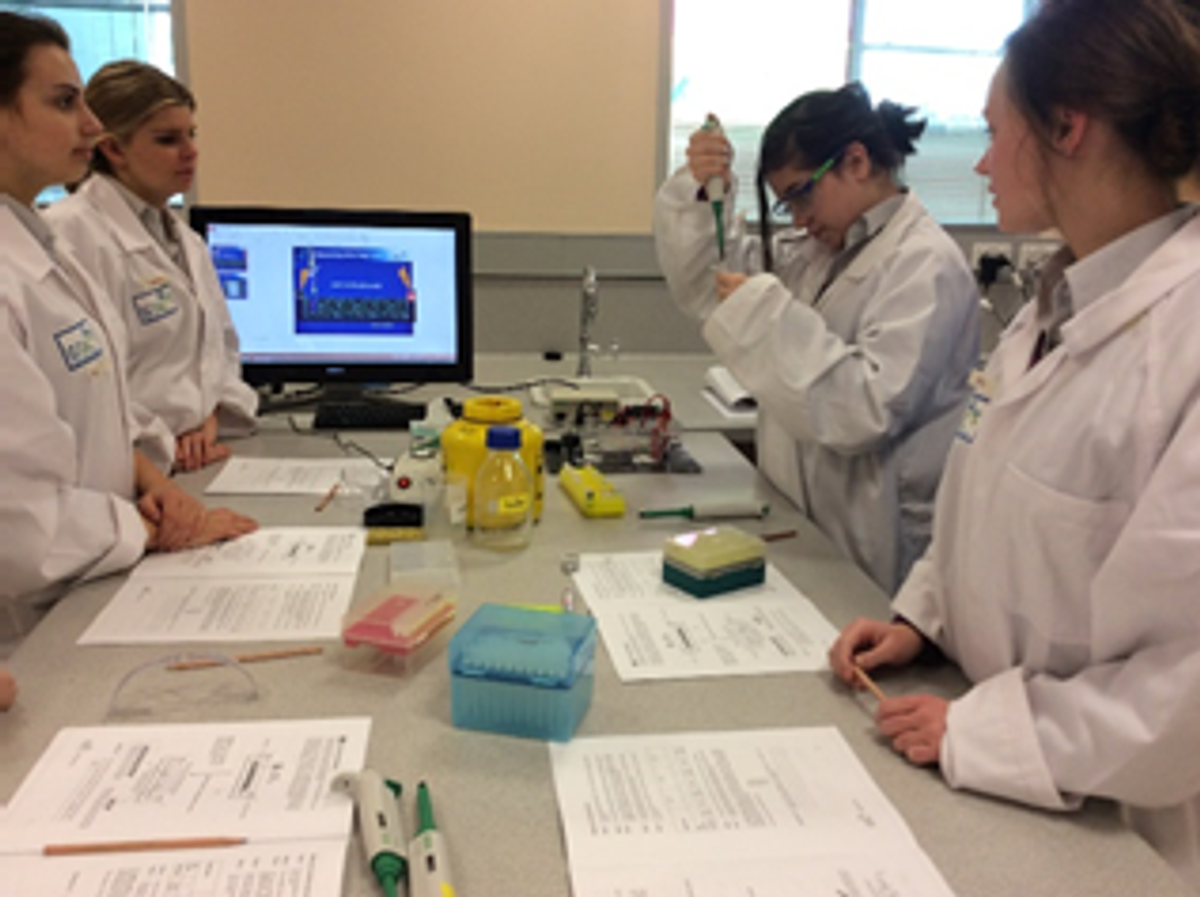SCIENCE NEWS
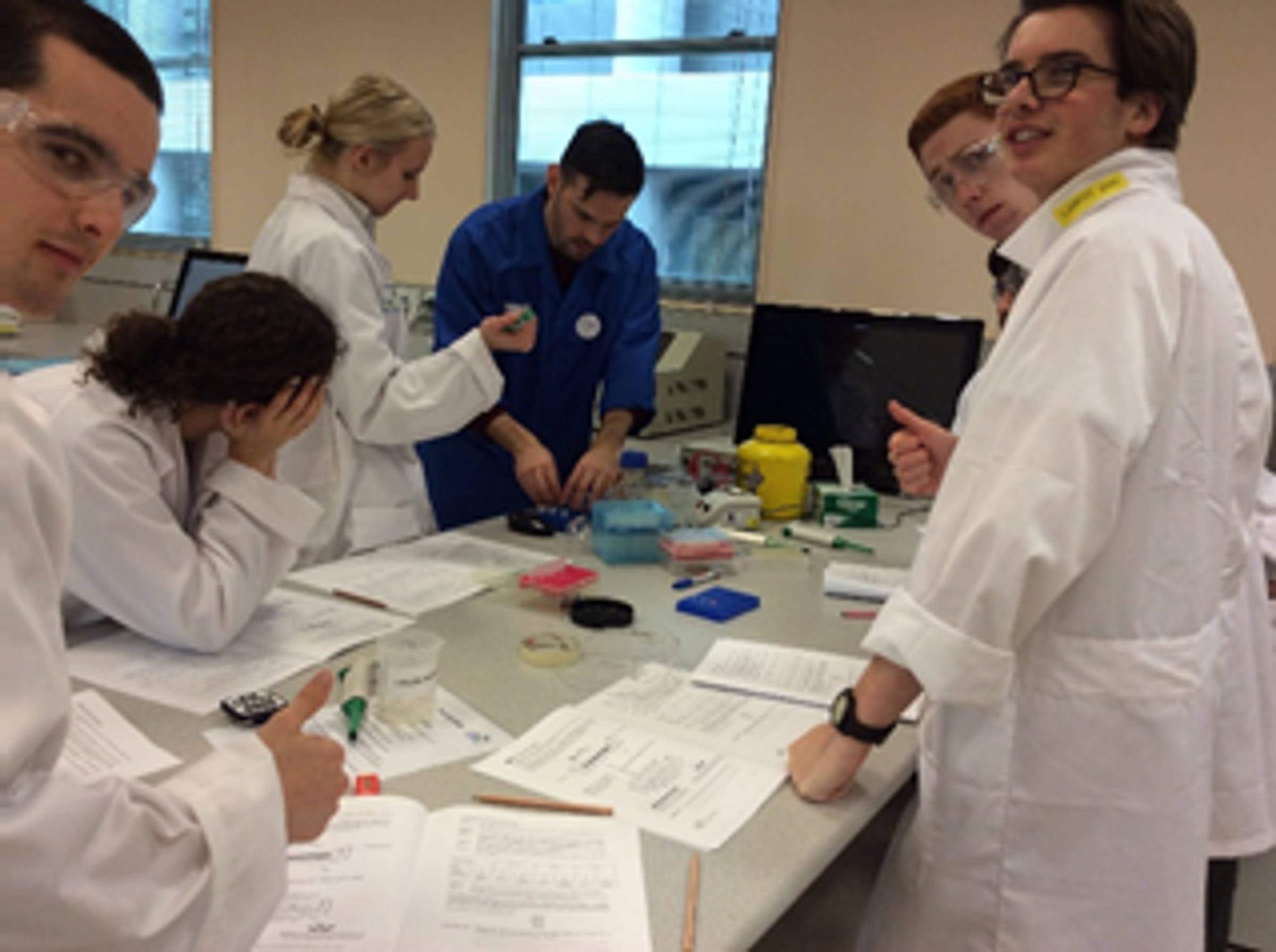
STUDENT ACHIEVEMENT
Congratulations to the following students on their success in the Big Science Competition 2016. With only 7 entries overall this is a great result. Well done to all our participants!
| James Whitehead | Year 11 | High Distinction (top 5%) |
| Ryan Coppard | Year 11 | High Distinction (top 5%) |
| Fern Edwards | Year 10 | Credit (top 25-30%) |
James, Ryan and Fern along with Alexander Young and Madeleine Branthwaite have entered the Science Olympiad Exam in an area of their choice.
The Australian Science Olympiad Competition is a national extension program for top performing secondary science students which culminate in the International Science Olympiads – the Olympic Games for science students.
Based on their exam performance, top performers are offered a place at the Australian Science Olympiad Summer School. This is a two-week intensive residential program that gives students the opportunity to study with others passionate about science.
The very best summer school students represent Australia at the International Science Olympiads.
CONGRATULATIONS - RYAN COPPARD
NATIONAL YOUTH SCIENCE FORUM
The National Youth Science Forum is a 12 day program which runs once a year during January in Canberra. It accepts a few hundred students from across Australia and aims to expose students to current research and employment opportunities in science and engineering.
Applicants like myself had to apply online and then gain endorsement from their local Rotary club, in my case Frankston Sunrise Rotary. Those who were endorsed from around the Mornington Peninsula then had an interview with the Rotary Club of Frankston. I was up against twenty other applicants by this stage and they usually only let about four in.
Luckily I nailed my interview and got confirmation that I had been accepted a week or so later.
In October I will be going to a reception at Government House to learn more about the program in 2017.
I’ve always known that I wanted to pursue a science but still remain undecided as to which one. I’m hoping this program will give me some insight into the industry and help
me decide what I want to do after school.
YEAR 7 SCIENCE
As part of the Year 7 unit of classification, our year 7’s visited Moonlit Sanctuary to research a given animal. Students had to look at how their animal was classified, what the animal eats, where it lives in Australia and its conservation status. Students are using the information gathered along with photographs to create a field guide in a class One Note document. An enjoyable day was had by all.
YEAR 9/10 FORENSIC
Students have investigated evidence that can be obtained from the human body. As part of this unit, students have looked at the various systems that make up the body by dissecting a rat to look further at and measure organs of the various systems. Students learnt about Anthropology and the information that can be obtained from bones and teeth. At the end of the Biology/Crime scene unit students tested their skills in solving a practical crime scenario.
11 PSYCHOLOGY
Late last term students from Year 11 Psychology went to Mount Eliza Primary School to involve students in an experiment they had devised. The experiment was testing the influence of technology on ability to classify objects. They had been completing a unit of study on Developmental Psychology and specifically
Piaget’s Theory of Cognitive Development. The Grade 2 and 6 students had to play a game of memory either on the iPad or in physical form and the number of turns taken were counted. The students and teachers at Mount Eliza Primary were a delight to work with and we hope this will further strengthen the links between the schools. We expected to find that the grade 6 students would classify better than the grade 2’s but according to our experiment this was not the case! Both year levels classified in the same number of turns but interestingly it was found students classified better on the iPad. In our case it was a win for technology, but it would be interesting to see if this was backed up by real research.
In other psychology news, as part of the new study design, students have had to complete two research investigations throughout the year. In the first investigation students picked a question that extended on their in class learning and spent time further investigating this topic. Questions included; ‘How does alcohol and marijuana affect the mind?’ ‘Is artificial intelligence possible?’ And even ‘How do animal and human brains compare?’. Some students went above and beyond with their assignments and a display has been set in the SLC. For their second investigation students had to devise an experiment surrounding taste. They had to follow all the ethical guidelines, creating a consent form and informing participants of what they had to do. The students then conducted their experiment on other MESC students (thanks to the volunteers) and had to write their experiment up as a proper scientific poster. These will also be displayed in the SLC for anyone interested in seeing the results.
Sarah Baeffel
Yr 11 Psychology teacher
YEAR 12 BIOLOGY EXCURSION
On Thursday 11th August the year 12 Biology class had an excursion to the Gene Technology Access Centre (GTAC) to undertake lab work for their SAC on DNA manipulation techniques.
The students got the opportunity to participate in a citizen’s science project which involved sequencing particular genes in tapeworms. The work they did will probably one day end up in a published scientific study, which they will receive credit for – a great opportunity for them.
The students got hands on experience using the different DNA manipulation techniques and got to work with a mentor scientist which was a fabulous experience. All the students commented that they felt like ‘real scientists’! I hope it helps inspires this next generation of scientists.
Cath Scott
Year 12 Biology Teacher
